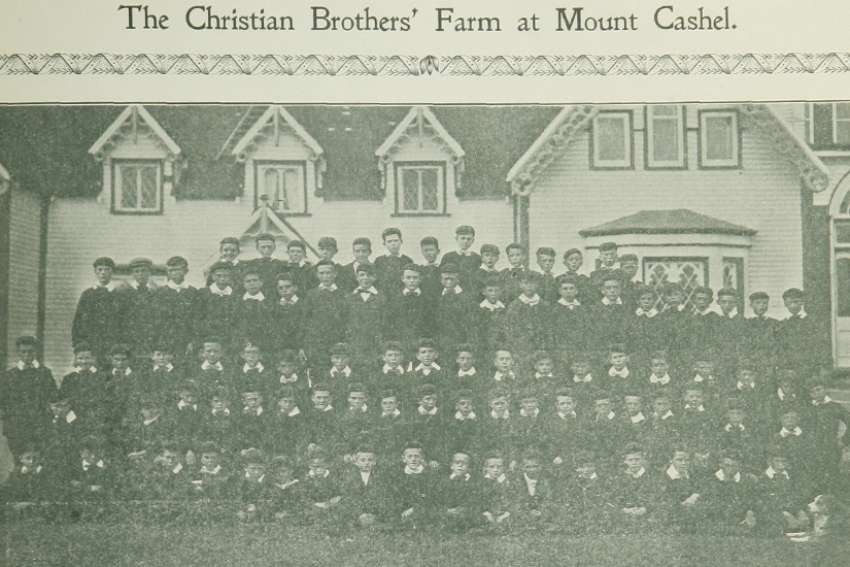It’s been 30 years since clergy abuse of children was exposed at Mount Cashel, the St. John’s, Nfld., orphanage that the lay order of Christian Brothers of Ireland in Canada ran for more than a century. Since then, coverups of abuse have been exposed globally, from Australia to Germany, Boston to Pennsylvania, Ireland to Chile, and beyond.
But in 1989, the attention was squarely focused on Newfoundland. Stories began to be told — or rather, began to be taken seriously — of institutionalized abuse suffered by boys placed at the orphanage, stories that had been covered up by the highest echelons of government, police and the Catholic Church.
The first reports police received of the rampant abuse at Mount Cashel were filed in 1975. But it wasn’t until 1989 that the mess would be brought out into the open, leading to the Hughes Commission that examined the response of the criminal justice system to the complaints.
After all the investigations were complete, a total of 87 charges were laid and nine Christian Brothers convicted. Forty victims were awarded $11 million in compensation in 1997 and six years later the Christian Brothers were ordered to pay $16 million to 83 victims.
From the Church’s perspective, some good did come out of all the grief. The Canadian Conference of Catholic Bishops underwent a period of serious reflection and established its Ad Hoc Committee on Child Sexual Abuse in 1989. Its task was “to elaborate additional policies to help individual dioceses to assist victims, their families and friends, as well as heal and reconcile the parish and diocesan communities affected” by sexual abuse within the Church. In subsequent years, others bishops’ conferences around the world followed suit.
In 1990, the Archdiocese of St. John’s published its report on an inquiry into sexual abuse of children by clergy and acknowledged its improper response to the problem, including denying there was even an issue.
Out of the Canadian bishops’ committee on abuse came From Pain to Hope, published in June 1992. It established guidelines surrounding sexual abuse and acknowledged the suffering caused by predators and the efforts to cover up the “intolerable acts.” It was the first such document of its kind by an episcopal conference anywhere in the world.
From Pain to Hope was replaced in 2018 by Protecting Minors from Sexual Abuse: A Call to the Catholic Faithful in Canada for Healing, Reconciliation and Transformation. The 184-page document makes 69 recommendations, chief among them that the victim must come first. Many of the guidelines had already been implemented across Canada, but the document formalizes national standards.
As for Mount Cashel, it closed in 1990 and was later demolished and the land sold by the Christian Brothers. A supermarket now stands on the grounds where for decades, young, vulnerable boys endured physical and sexual abuse. It’s legacy, however, remains.
Support The Catholic Register
Unlike many other news websites, The Catholic Register has never charged readers for access to the news and information on our site. We want to keep our award-winning journalism as widely available as possible. But we need your help.
For more than 125 years, The Register has been a trusted source of faith based journalism. By making even a small donation you help ensure our future as an important voice in the Catholic Church. If you support the mission of Catholic journalism, please donate today. Thank you.


